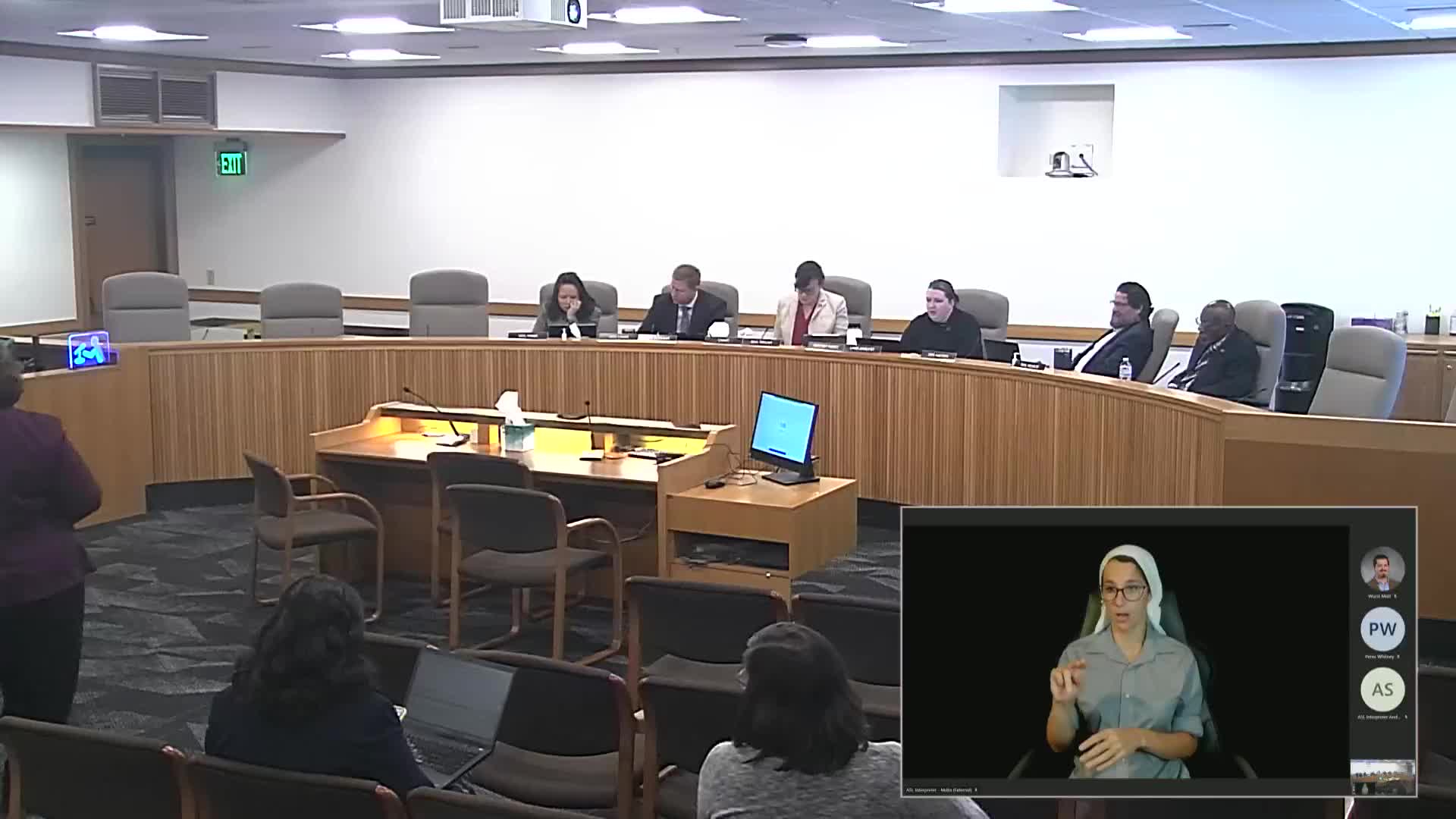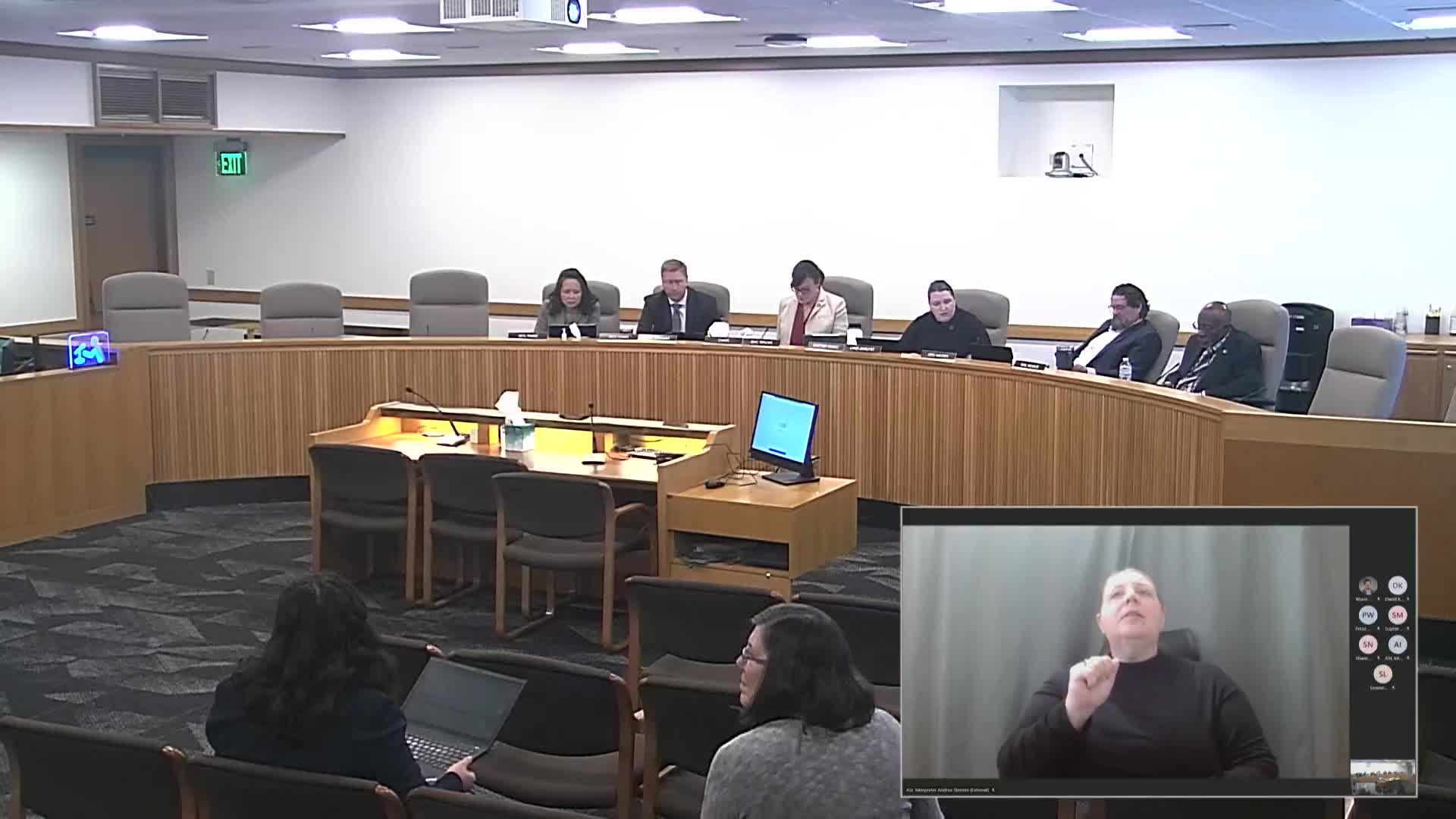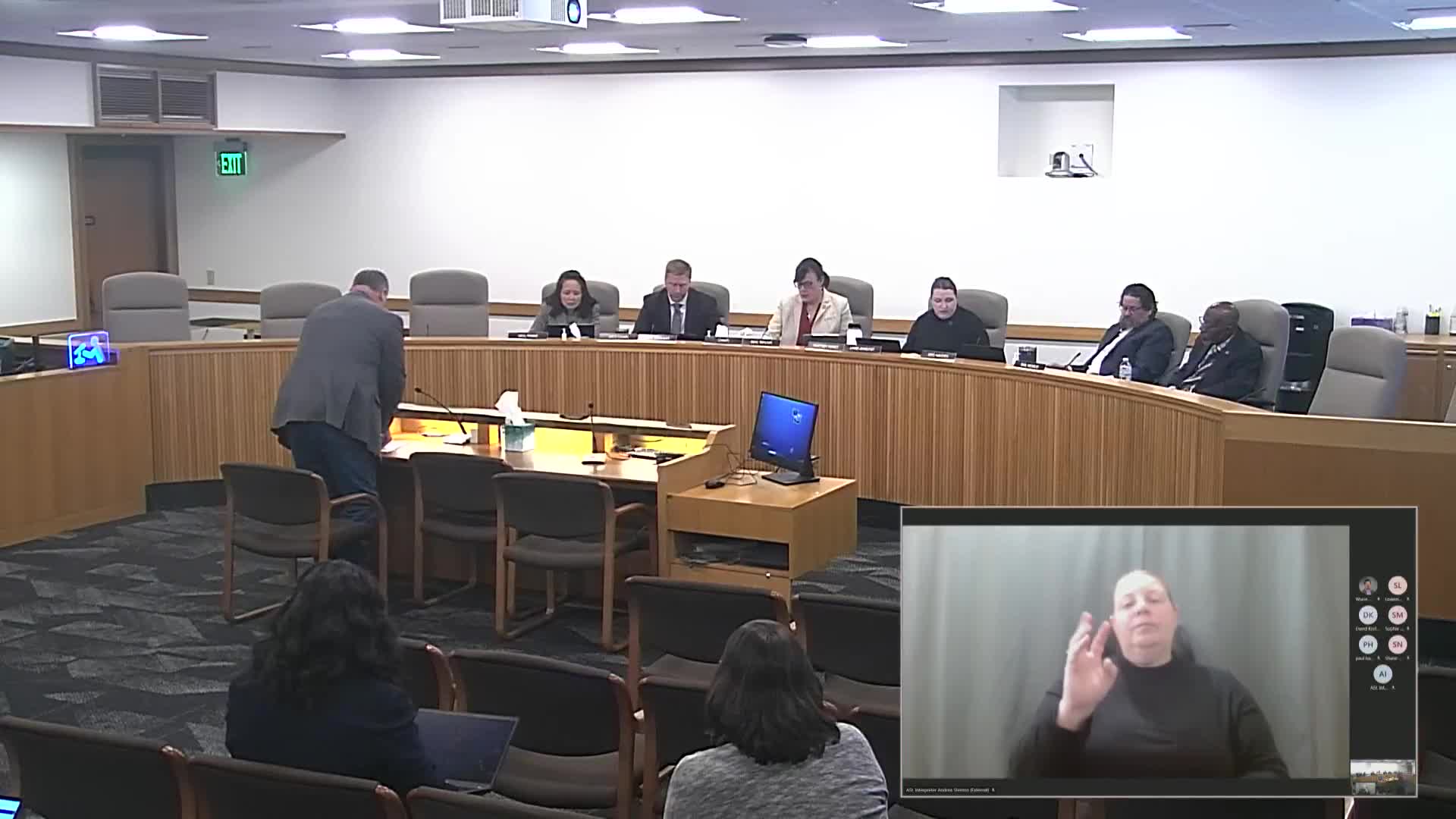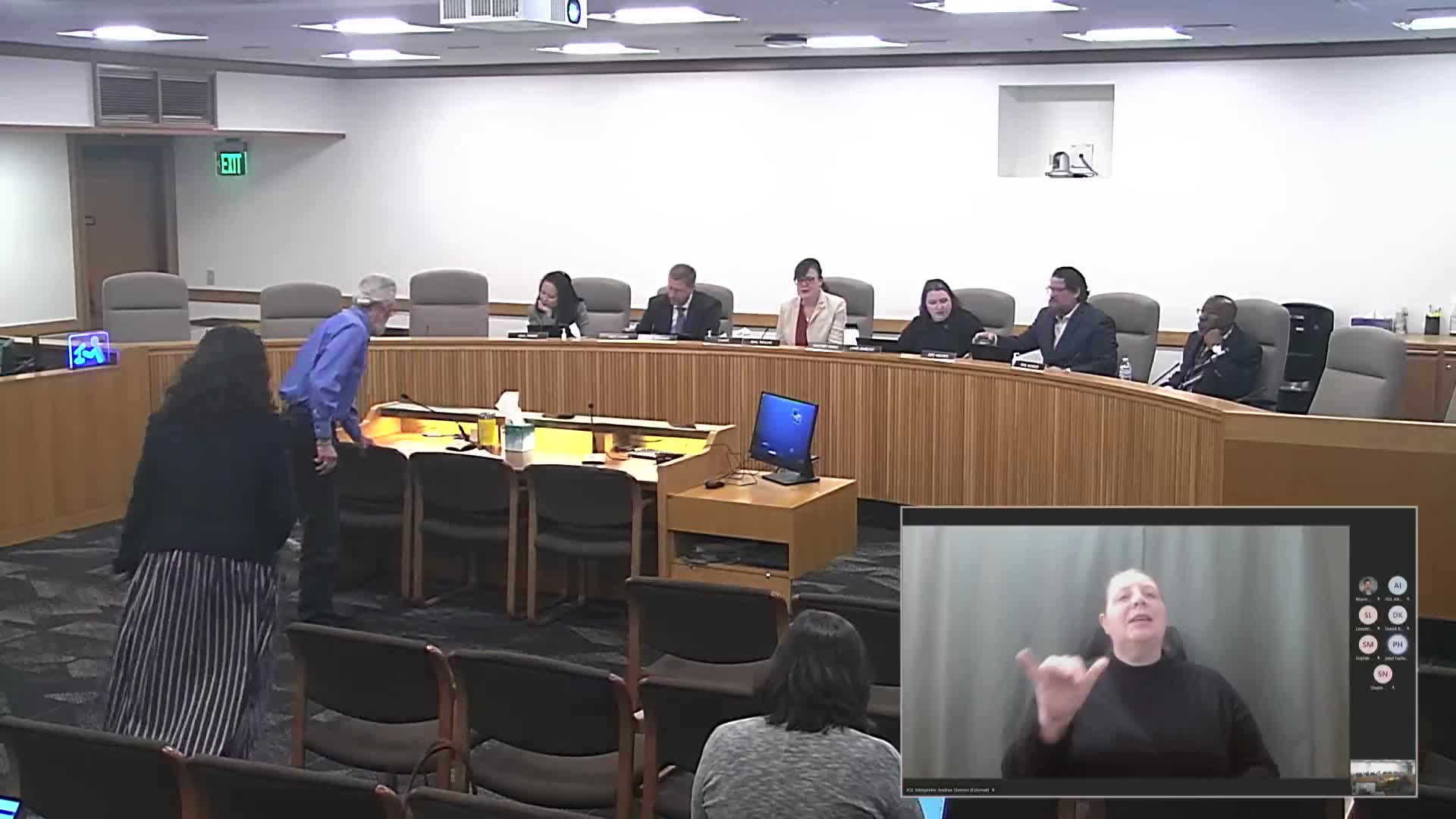Article not found
This article is no longer available. But don't worry—we've gathered other articles that discuss the same topic.

Bill would limit employer wage clawbacks for payroll overpayments; unions cite Workday errors, businesses urge caution

Committee hears bill to require plain‑language pay explanations; employers warn of compliance burden

Proposal would let certified small mills grade lumber for local residential builds; industry groups warn of code conflicts

